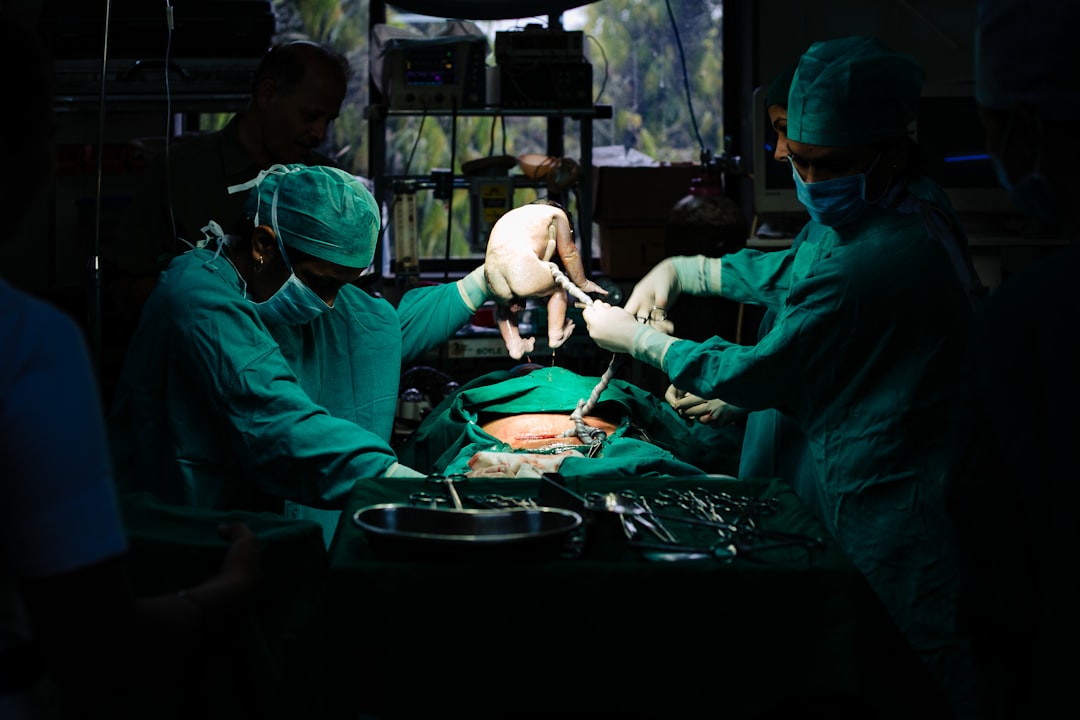Are You Still a Person When Giving Birth?
A friend told me that giving birth (and breastfeeding) made her feel like an animal. Does modern healthcare add to that feeling?
Hi, I’m Jeannette, and this is the 27th issue of The Sex Beat, a newsletter documenting my research on sex. It seems like I’m having an extremely tiring month, so I’m keeping this week’s issue short. I’m also trying a new publishing time (again). Is this newsletter no longer your cup of tea? Feel free to unsubscribe here.
I’ve been thinking – on and off since October 2021 – about abortions and “obstetric violence”. It’s one of the reasons I felt compelled to read Choice Words: Writers on Abortion. These two, possibly traumatic, kinds of experiences are a (possible) side effect of sex that disproportionately affect women.1
I remember an occasion when I was asked, after saying I was pro-choice, whether I supported the death penalty. It’s a strange connection that in some ways, can make sense. Both abortion and obstetric violence aren’t easy topics to think about or discuss.
Last year, I spoke to my general practitioner about prenatal care (no, I’m not pregnant, just curious), as well as coerced caesarean sections. A friend who had just had a child was persuaded to get a c-section after being in painful labour for hours – and I wondered how something like that could happen.
The hospital had, apparently, forgotten to top up her epidural. And she said, it seemed as if the doctor suggested a c-section because he no longer wanted to wait for her to give birth naturally. It seemed like such a bizarre occurrence to me, one I didn’t think was possible.
I was wrong.
What is obstetric violence?
Forced c-sections are common enough that there are multiple articles and research papers about it. It is one of the kinds of obstetric violence (OV), also known as disrespect and abuse (D & A) that can occur during the childbirth process. Other kinds of OV include forced episiotomies, other non-consensual care, discrimination based on specific patient attributes, and so on (Perrotte et al., 2020). I also found a whole book about OV.
In the conversation I had with my GP – before my discovery of OV – he said that decisions during delivery are complicated by the fact that there are two patients. Although doctors are trained to prioritise the mother whenever possible, there are varying risks in different procedures. For example, a c-section is safer for the baby, whereas vaginal delivery is safer for the mother – so at what point does a c-section start to make more sense?
Losing agency in motherhood
At what point does the baby’s well-being take precedence over its mother’s?
And if it’s about the woman’s choice, how would we know we are making the right choices when we go against a doctor’s orders?
For example, I know people who’ve decided to take only herbal medication instead of getting treated for cancer. Or someone who decided to have a home birth and it seems her baby died during the birth.
On the other hand, I also hear stories about women getting scolded by nurses and midwives during birthing.
The article by Perrotte et al. (2020) has a section that I found thought-provoking:
“The notion of protection of fetal life plays a big role in obstetric violence, as a coercive measure that allows physicians to disregard patient consent, and a legal tool that protects physicians by placing their intent in preserving the baby’s safety and any acts done to the mother as justifiable in that intent [23] [30]. Mothers who do not consent to certain acts or offer alternatives to their physician’s recommendations are perceived as guilty of not putting the baby’s safety first. Mothers’ fears and potential lack of health literacy make it easier for physicians to force compliance, using guilt and heightened danger, exemplified by phrases such as “your baby will die if you refuse this”, to impose physical acts on patients [25] [32]. The idea that the sole objective of birth is to have a healthy baby ignores women’s agency, bringing them back to the status of “(now empty) vessels” [25]."
Is this why some women feel so ambivalent about motherhood? Does becoming a mother mean losing yourself?
I want to know what you think. Hit reply to start a discussion or share your thoughts.
References:
Perrotte, V., Chaudhary, A., & Goodman, A. (2020). “At Least Your Baby Is Healthy” Obstetric Violence or Disrespect and Abuse in Childbirth Occurrence Worldwide: A Literature Review. Open Journal of Obstetrics and Gynecology, 10(11), 1544–1562. https://doi.org/10.4236/ojog.2020.10110139
I write “women”, but this includes other gender possibilities who may / may not identify as women.


